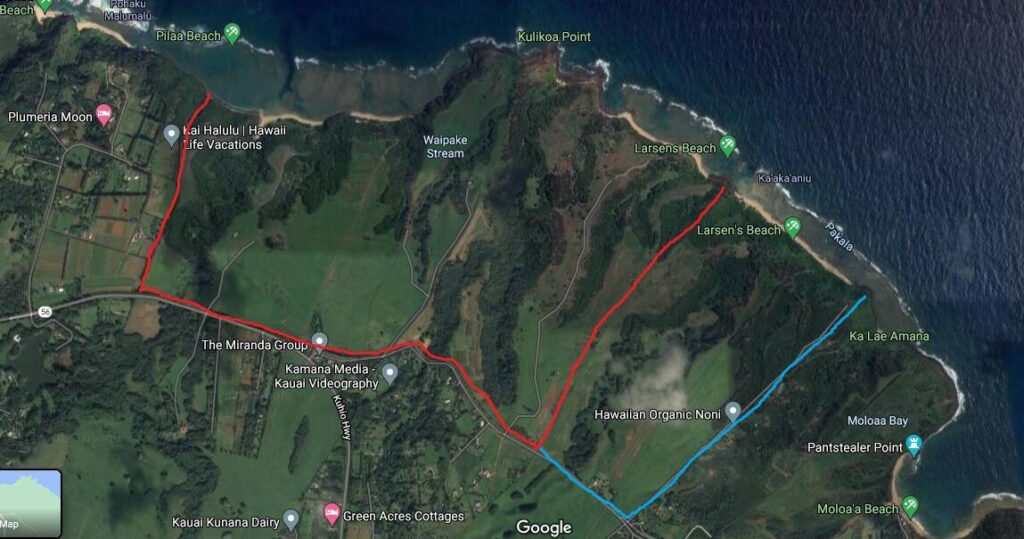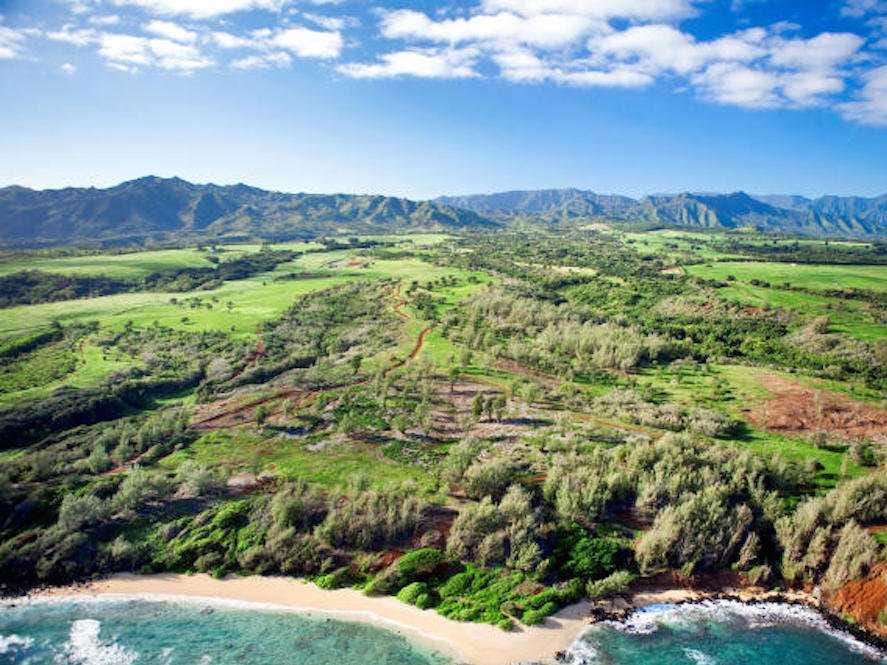In a quiet area of Kauai, the Hawaiian island known for its breathtaking landscapes, a project is coming to life that might seem like something out of a science fiction film. An immense construction site, protected by guards and cameras, which houses the new "buen retiro" of Mark Zuckerberg, the CEO of Meta. Even if it is rather simplistic to define it that way.
The tycoon, known for his secrecy, is building an anti-apocalypse shelter of colossal proportions. Among the rumors circulating, one concerns the setting up of underground bunkers, self-sufficient systems for food and energy, and luxury structures: an enormous modern fortress in the middle of a tropical paradise.
For Mark Zuckerberg, a future-proof refuge
The idea that a billionaire like Zuckerberg could build a “self-sustaining” refuge sounds almost like the plot of a dystopian novel. On the web, irony is sold in packs of 12: someone compares the new home with those of comic book supervillains.
Putting the naïve components aside, however, the leaked information suggests that the project is real, and indeed large. The site chosen for construction, almost 600 hectares (over 1.400 acres) in size, is guarded by strict security measures. Reports indicate the construction of an underground bunker of approximately 500 square meters (5.000 square feet).
A "small" refuge equipped with self-sufficient systems for energy generation and food production. Staying outdoors, the construction includes other luxurious amenities such as a network of treehouses connected by rope bridges.

The reactions of the inhabitants
Despite precautions to keep the project as confidential as possible, the local community is well aware of Zuckerberg's presence.
The controversy is not new for the tycoon, who began buying land on Kauai as early as 2014. His strategy, which included the use of shell companies and lawsuits against residents with legacy rights, drew sharp reactions. Accusations of exploiting Hawaiian land laws and changing the character of the neighborhood have accompanied increased traffic and noise in the area.
Faced with public opposition, highlighted by a petition with more than a million signatures, Zuckerberg and his wife Priscilla Chan have sought to improve their public image on the island. Since 2018, they have donated more than $20 million to local nonprofits, including funding for jobs programs and COVID-19 projects. However, these efforts have not been enough to quell criticism of the nature of their project.
Between the serious and the facetious
Zuckerberg's project raises a broader question: If billionaires like him are so concerned about the future of the planet, why don't they invest their immense resources in preventing disasters rather than preparing for them in isolation? A paradox that has not gone unnoticed, given that many are wondering about the role of the super rich in countering global crises.
Zuckerberg's Hawaiian retreat is just the latest example of the
Those who haven't done it yet recover "Don't Look Up,” sci-fi comedy that mocks this tendency of the wealthiest to retreat into luxury enclaves. What is their vision of the future of humanity? Are they that pessimistic?


